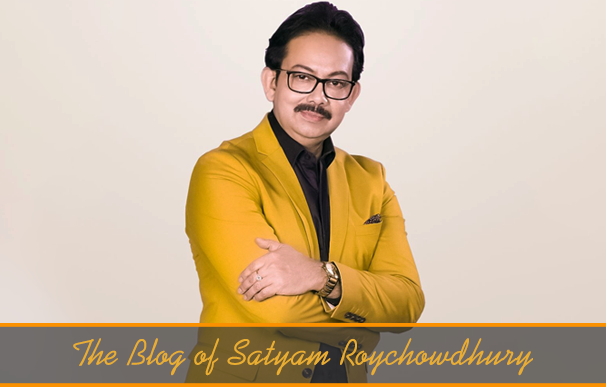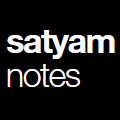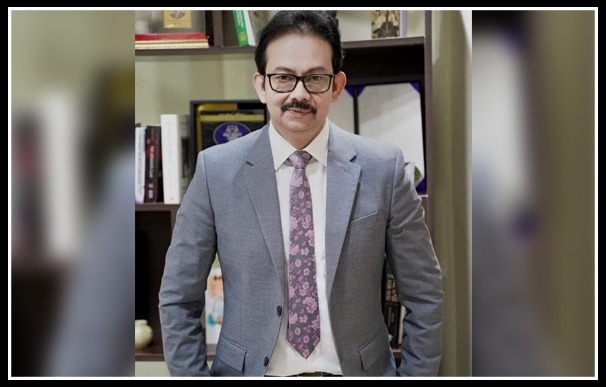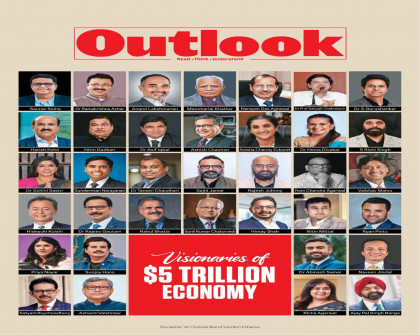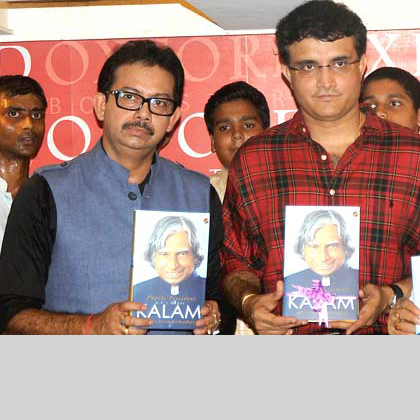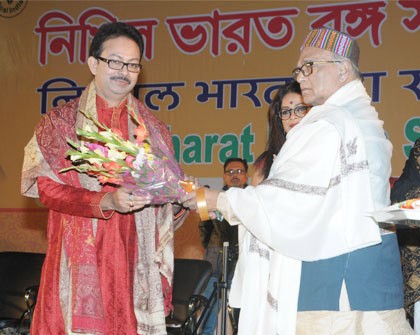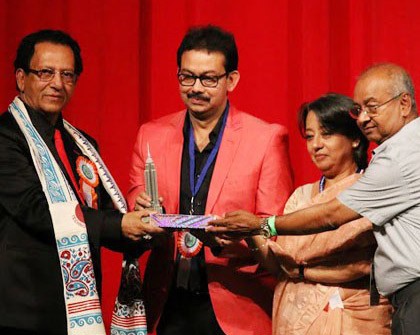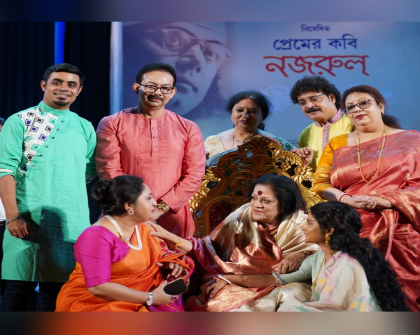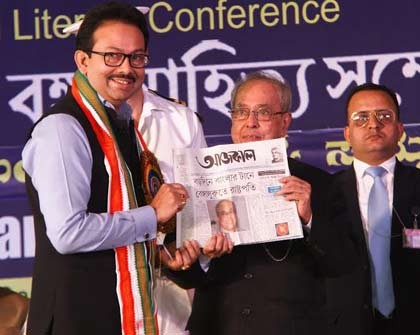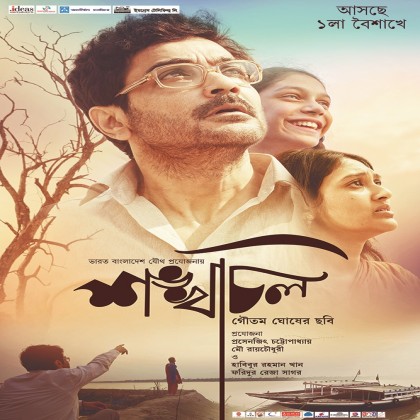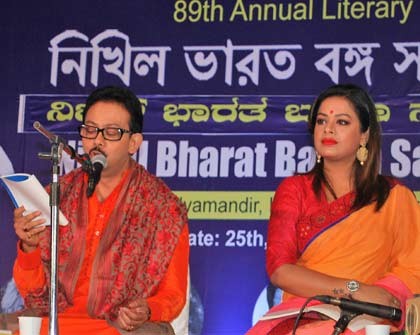
Man is not a sinful mortal creature in truth; the Upanishad calls him ‘son of the Immortal’ – amritasya putra. But he can know himself only through sacrificing himself. The highest sacrifice is the offering of the self to the Absolute. The greatest yoga is the sinking of the self into unity with the Absolute by denying the separate and asserting the One.
We have performed the song recital ‘Amritasya Putra’ – a tribute to Swami Vivekananda quite a few times before; each time it has been a different stage, but each time it has been a similar contented feeling. At the 89th annual literary conference of the Nikhil Bharat Banga Sahitya Sammelan at Bengaluru, the clock had struck eight on Christmas evening. Saheb (Chattopadhyay), Iman (Chakraborty), Gargi (Roychowdhury) and I narrated the life of Swami Vivekananda amidst an enthralled audience who sat mesmerised for over an hour.
Many might not know that Vivekananda, best known as the monk who modernised Hinduism and took Vedanta to the West, was also a very proficient musician. Born as Narendra Nath Datta in an affluent family in Kolkata, to being the great monk Swami Vivekananda was a journey of self determination, meditation and inner peace. He was a man who passed away at a young age, but has outlived his lifespan greatly. Every time we perform this song recital, as I read through the script summing up his life, a strange positive vibe of soulful spiritualism engulfs me.
Before his Mahasamadhi, Swami Vivekananda had written to a Western follower, “It may be that I shall find it good to get outside my body, to cast it off like a worn out garment. But I shall not cease to work. I shall inspire men everywhere until the whole world shall know that it is one with God.”
